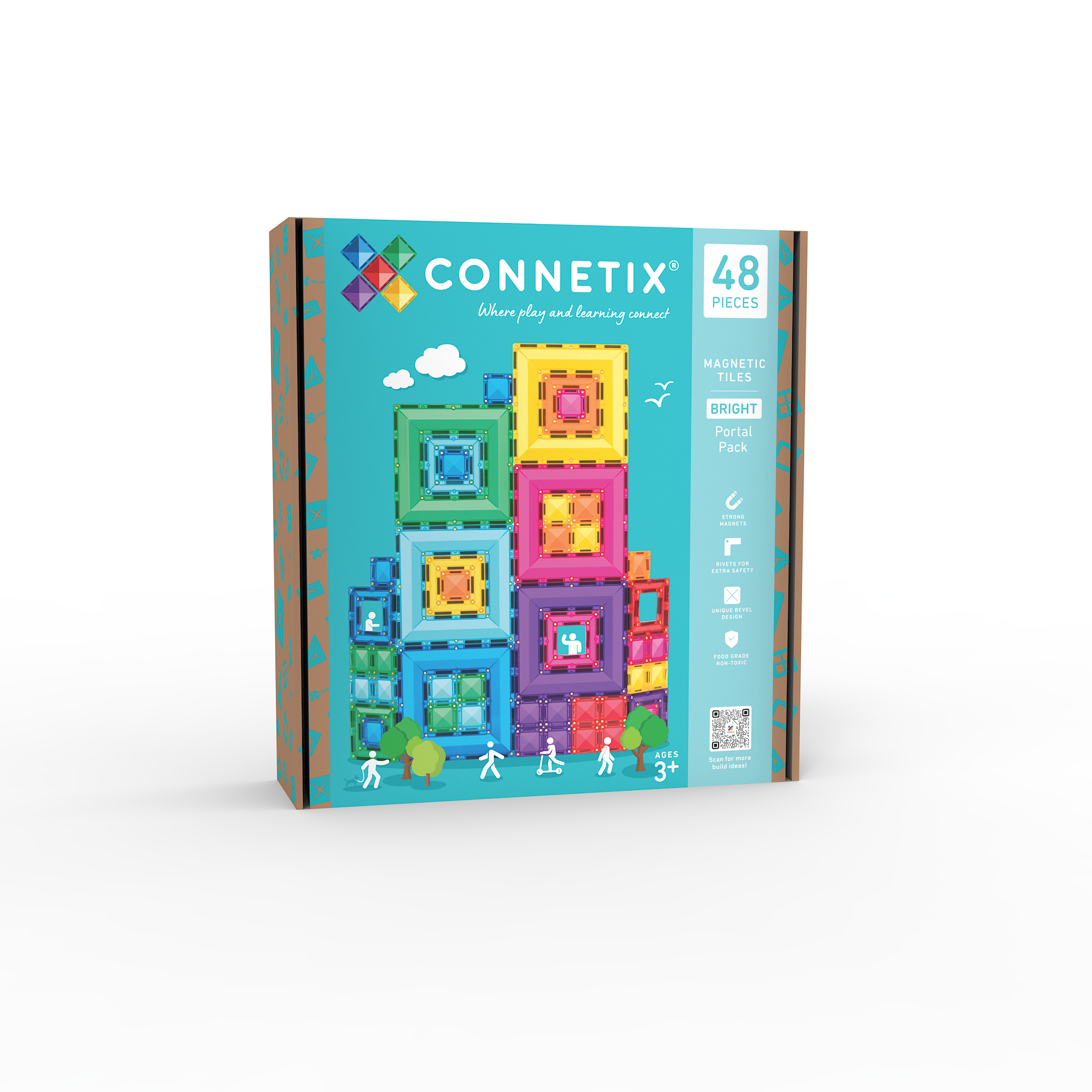Writing is powerful, and when we teach our children that their voice matters and what they have to say is meaningful, we are empowering them. Journalling is a practice that has gone on for hundreds of years. In past generations, people were encouraged to write their thoughts and feelings down at the end of the day as a keepsake or type of autobiography. Journalling has since modernised with journals for kids coming in all shapes, sizes, colours and themes. If you have a reluctant writer, you’re sure to find a journal that will spark their interest and imagination.
Below I’ve listed some of the wonderful benefits of journalling.
Stress reduction - When we write down our thoughts, feelings and experiences, it helps our mind process all that has happened and all that we have seen. If your child has had a hard day at school, or something went wrong at their sports practice etc, encourage them to write it down in detail. Releasing in the form of writing works in a similar way to talking to a counsellor, significantly reducing stress levels and also helps to put the experience into perspective.
Feel grateful - Journalling helps children to develop and increase feelings of gratitude in their daily lives. Encourage your child to include three things that they are grateful for, or three things that went well for them that day in their journal each evening. We can all be guilty of taking good things for granted, but when prompted to write them down we are reminded of our blessings.
Find your voice - Keeping a journal can be a journey in self discovery. Hashing out thoughts and feelings can lead to new insights about who we are as people, and can help children develop their sense of self. The more detailed the better. This is especially beneficial as children get to the teen years and are questioning absolutely everything.
Achieve your goals - Sometimes we set goals but don’t really think to keep a written record of our progress. Writing down our goals in a journal and then regularly checking in and noting progress is great for motivation. If you can see where you want to go and the small steps you’re achieving to get there, you’re more likely to keep going. Goal setting can happen at the start of the year, or at scheduled times (once a term perhaps), or even randomly as something new your child would like to achieve comes up.
Boost your immune system - Did you know that keeping a journal can boost your immune system? Several studies have shown that writing can positively impact your health. It’s especially beneficial when we write to understand. We write with the goal of working through our feelings and moving on from them. If you have a child who is struggling with a big life change, for example separated parents, blended family, a medical condition etc, give them a journal and encourage them to really express everything they feel. Then encourage them to unpack their feelings and think of ways they can help themselves through this time. The suggestions don’t need to be huge, and are not a quick fix, but they are small steps to make your child’s day more manageable. This also gives your child a greater sense of control over their own lives and their immune system will thank them.
Writing is fun - Lastly, let’s not forget how fun writing can be. How keeping a journal to look back on in future years can bring so much joy. Your child can add pictures, photographs and stickers to their writing and really put their own stamp on it. It can be a way to get reluctant writers enjoying putting pen to paper and can just be a lovely little time of release where they aren’t worried about perfect spelling or grammar and are writing purely for fun.
For more information: Benefits of Journalling Journal to heal





